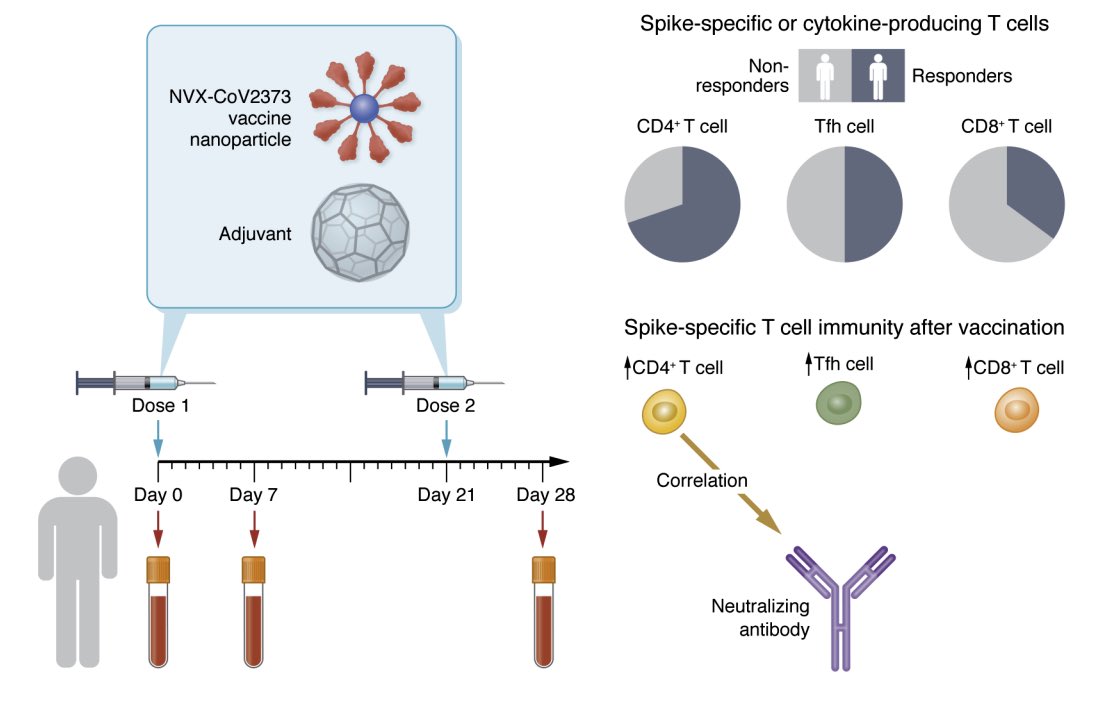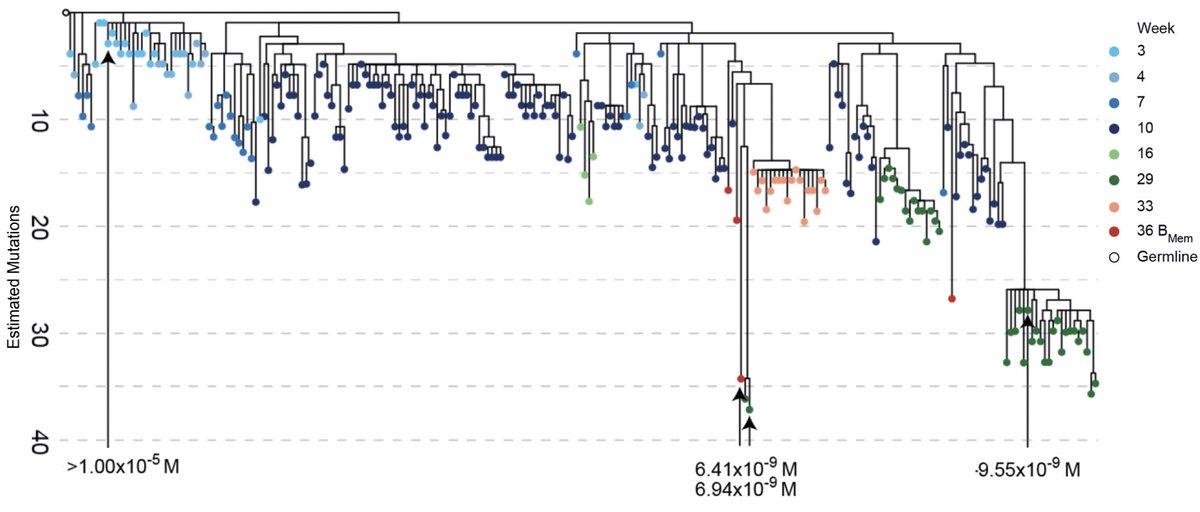
Vaccines and immune system scientist. Professor, La Jolla Institute for Immunology (LJI), a non-profit research institute @ljiresearch. PhD not MD.
35 subscribers
How to get URL link on X (Twitter) App


 This complements our immune memory study comparing 4 COVID vaccines, including Novavax.
This complements our immune memory study comparing 4 COVID vaccines, including Novavax. https://twitter.com/erictopol/status/1529834331127943168

https://twitter.com/profshanecrotty/status/1473673803263668224?s=21

 Multiple types of adaptive immunity with diverse mechanisms likely provide layers of defense against COVID-19. Conceptually, these are like a “Swiss cheese model”: even though each layer is imperfect, together they keep the pathogen from breaching all layers of defense.
Multiple types of adaptive immunity with diverse mechanisms likely provide layers of defense against COVID-19. Conceptually, these are like a “Swiss cheese model”: even though each layer is imperfect, together they keep the pathogen from breaching all layers of defense.





https://twitter.com/profshanecrotty/status/1473673803263668224?s=21






 J&J 1-dose clinical trial efficacy.
J&J 1-dose clinical trial efficacy.






